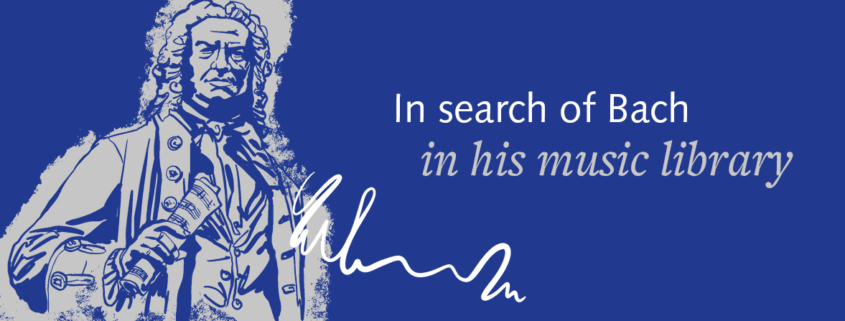J. S. Bach: St. John Passion
Bach pulled out everything in his St. John Passion: the orchestra included almost every conceivable instrument in the original version of the piece. His lyricist used very pictorial language. Bach added a sea of musical affects to the powerful language, which in its diversity and complexity is overwhelming and, in the best sense of the word, “theatrical”.







